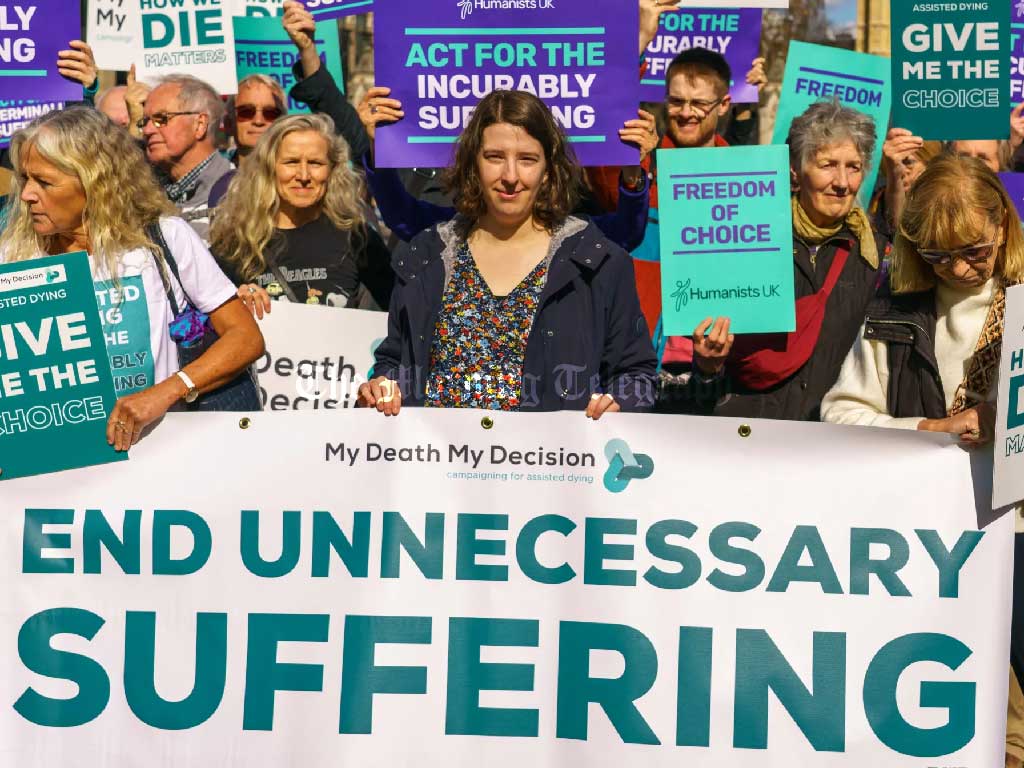
In a landmark decision, the UK House of Commons has voted in favor of a bill that would legalize assisted dying for terminally ill adults in England and Wales. After a five-hour debate, the bill was approved by a margin of 330 votes to 275, marking a significant shift in the country’s approach to end-of-life care.
The proposed legislation would allow terminally ill patients with a prognosis of six months or less to seek medical assistance to end their lives, provided their decision is approved by two independent doctors and a High Court judge.
The bill includes several safeguards to ensure that the process is conducted ethically and transparently. Each case would require rigorous medical and legal evaluations to confirm the patient’s diagnosis, mental capacity, and voluntary consent. The involvement of a High Court judge is intended to provide an additional layer of oversight to prevent abuse.
Despite passing its initial reading in the House of Commons, the bill faces significant challenges before becoming law. Over 200 amendments have already been tabled, suggesting that the legislation will undergo intense scrutiny in both the House of Commons and the House of Lords.
Opponents of the bill, including religious leaders and some medical professionals, have raised ethical concerns, arguing that it could undermine the value of life and lead to pressure on vulnerable individuals. Supporters, however, contend that the law offers dignity and autonomy to those suffering from terminal illnesses.
Public opinion in the UK has increasingly shifted in favor of assisted dying, with polls indicating strong support for allowing terminally ill individuals to make decisions about their own deaths. If the bill passes all legislative stages, England and Wales would join a growing list of countries, including Canada, Switzerland, and several US states, that have legalized assisted dying.
The bill’s next steps will involve detailed debates and possible revisions in parliamentary committees, with its final outcome likely to shape the national conversation on end-of-life rights for years to come.




